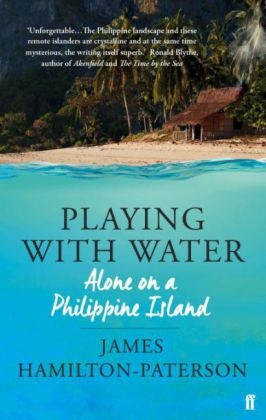Read more
'One June day in 1953 aged twelve I sat in a classroom and drew a map.' The map that the young Hamilton-Paterson drew was of a tropical island, and it prefigured with uncanny accuracy the Philippine island on which, thirty years later, he would spend a full third of each year, entirely alone. It had a coral strand, a field of grass, vertical volcanic cliffs and no water. He survived by fishing and by drinking rainwater. This is a book about a remarkable and self-sufficient writer's 'desire to be lost', and the journey of a conventionally educated Englishman to an island on the far side of the world that aroused in him a feeling of discovering a place he always knew. Hamilton-Paterson writes with incomparable skill about the hard beauty of the sea, of coral reefs and the animals that live in them, and about the fishermen who eke a living among the labyrinth of islands that make up the Philippines.
About the author
James Hamilton-Paterson is the author of the bestselling Empire of the Clouds, which was hailed as a classic account of the golden age of British aviation. He won a Whitbread Prize for his first novel, Gerontius, and among his many other celebrated books are Seven-Tenths, one of the finest books written in recent times about the oceans, the satirical trilogy that began with Cooking with Fernet Branca, and the autobiographical Playing With Water. Born and educated in England, he has lived in the Philippines and Italy and now makes his home in Austria.
Summary
'One June day in 1953 aged twelve I sat in a classroom and drew a map.' The map that the young Hamilton-Paterson drew was of a tropical island, and it prefigured with uncanny accuracy the Philippine island on which, thirty years later, he would spend a full third of each year, entirely alone.
Report
A work of such genuine commitment, balanced perception and responsive passion that it will certainly be condemned to become a classic. New York Times

